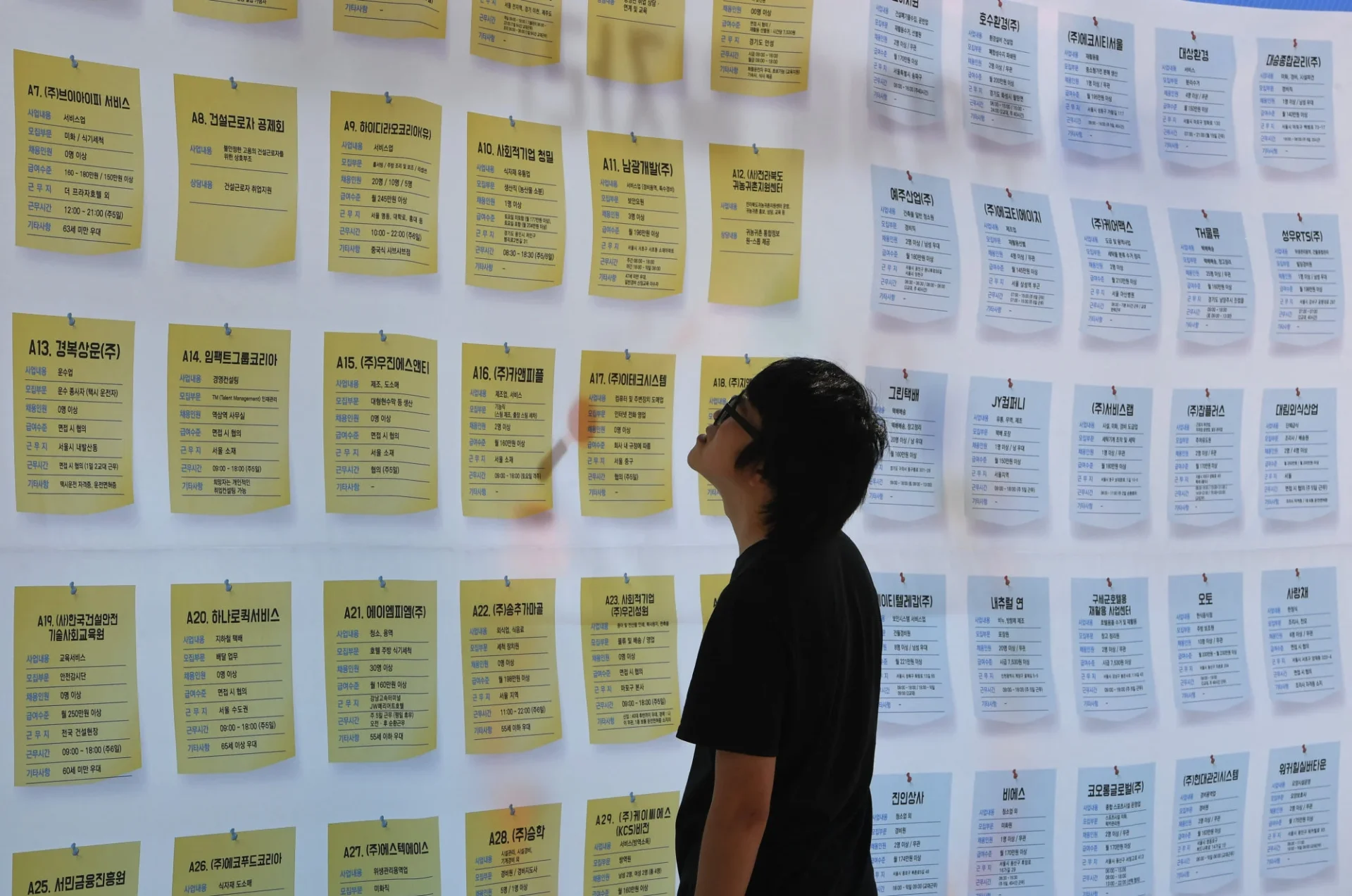Kim Young-joon, 30, often finds himself bickering with his parents over minor issues. Despite holding a master’s degree, he has turned down job offers he felt were beneath his qualifications and has remained unemployed. “My parents say it is stressful to see me at home day and night, hurting my feelings and making me react sensitively,” Kim says. “I’m afraid this situation will get worse as I get older because it gets tougher to land a decent job and become financially self-reliant.”
Kim is among the two-thirds of South Koreans aged 25 to 34 who either live with their parents or are not economically independent despite living separately. This group is known as the “kangaroo tribe,” likened to adults who have not yet left their mother’s pouch.
According to a 2020 study by the Korea Employment Information Service, 66 percent of Koreans aged 25 to 34 were part of this group. This rate has remained consistently high, with figures of 62.8 percent in 2012, 66.6 percent in 2016, and 68 percent in 2018. In 2020, 73.4 percent of the “kangaroo tribe” did not have a college diploma, and 69.4 percent were from Seoul or its surrounding areas.
The proportion of unemployed individuals in this group increased from 47.4 percent in 2012 to 66 percent in 2020. However, even those with jobs often did not earn enough to live independently, with 72.2 percent of those in temporary or unstable employment still residing with their parents.
Some young adults continue to live with their parents while attending graduate school or after completing mandatory military service. Experts warn that this dependence can strain both households and the national economy. Jeon Young-soo, a professor at Hanyang University, suggests that parents stop financially supporting their adult children to encourage independence.
Meanwhile, data from Shinhan Card indicates that more grandparents in Korea are spending time and money on their grandchildren due to high inflation and a declining population. In 2023, individuals aged 60 or older frequented kids’ cafés 80 percent more compared to 2019, with visits to children’s hospitals up 59 percent and spending on learning materials increasing by 115 percent. Many seniors, classified as financially stable baby boomers, are increasingly helping to raise their grandchildren due to the escalating cost of living.
In 2023, those aged 65 and older made up 18.4 percent of South Korea’s population. By 2025, the country is projected to become a super-aged society, with this age group comprising 20 percent of the population. The growing economic dependence of young adults and the increased role of grandparents highlight significant social and economic challenges facing South Korea.
READ MORE:
